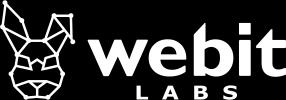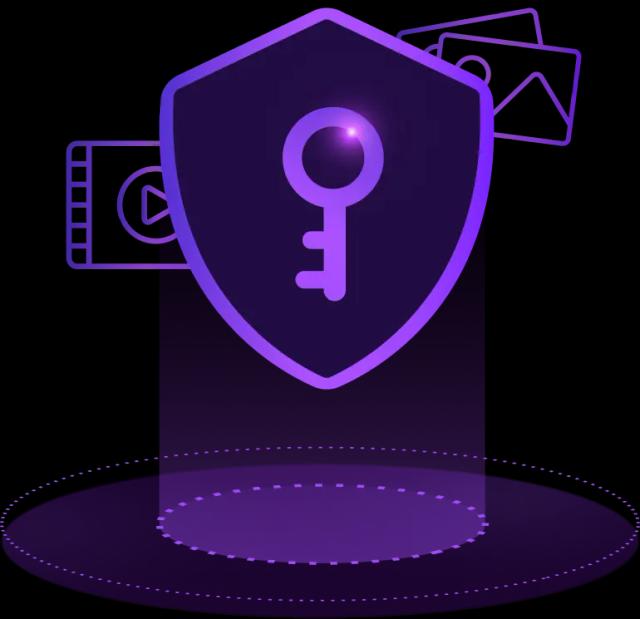

The Events and Festivals sector is experiencing a transformative shift with the adoption of Web3 solutions. These innovative technologies, powered by blockchain, are fostering an unprecedented level of transparency, security, and efficiency. From streamlined ticket sales and fraud prevention to unique engagement through NFTs and virtual experiences, Web3 is reshaping the industry. It allows event organizers to seamlessly connect with their audience, creating more immersive, secure, and rewarding experiences, thus setting a new standard for the future of events.
Integrating Web3 technologies into the Events and Festivals sector, we've innovatively redefined and enhanced customer engagement. By coupling NFTs with real-life benefits, we've enabled validation of ownership and asset location tracking. This transformative approach allows users to convert Web3 benefits into tangible perks, such as event access and merchandise discounts, promoting year-round engagement and generating new revenue streams. The infusion of blockchain technology thus expands audience reach and enriches the event experience.
Blockchain-based ticketing systems make it nearly impossible to duplicate or counterfeit tickets, significantly reducing fraud and enhancing revenue security.

Smart contracts automate processes like ticket sales and refunds, reducing overheads and improving efficiency.

The integration of NFTs and virtual experiences offers unique ways for attendees to engage with the event, driving up interest and potential revenue.

Blockchain provides a transparent and immutable ledger of all transactions, making it easier to track sales and revenue.

NFTs can provide digital ownership rights to attendees, offering unique memorabilia or access rights that can also act as an additional revenue stream.

The transparency and trust provided by blockchain make it an attractive platform for sponsors and partners, opening up more business opportunities.

Blockchain technology can provide more secure and reliable audience data, enhancing marketing efforts and audience targeting.

The automation capabilities of smart contracts can drastically cut costs associated with manual labor and middlemen.

Blockchain and Web3 technologies make it easier to organize and manage virtual events, opening up a global audience and potentially increasing ticket sales.

Blockchain networks can handle a vast amount of transactions simultaneously, making it ideal for large-scale events with thousands of participants.

All transactions and interactions during the event are stored permanently on the blockchain, providing a transparent and immutable history of the event.

Web3 solutions can easily integrate with existing digital platforms, allowing for a seamless transition towards blockchain-based systems.

Accepting cryptocurrencies as payment can simplify transactions for international attendees, eliminating currency conversion issues and potentially increasing international participation.

Smart contracts can be used to automatically distribute revenue to artists, vendors, and stakeholders immediately after ticket sales or donations, speeding up the payment process.

Blockchain's decentralized nature makes it more secure against hacks and data breaches, providing reassurance to both event organizers and attendees.

Direct engagement with attendees via blockchain technology can allow for personalized marketing, improving ticket sales and event attendance.

Digital ticketing on blockchain reduces the need for physical tickets, contributing to environmental sustainability efforts.

Cryptocurrencies and tokens can be used to incentivize repeat attendance, creating robust loyalty programs that enhance customer retention.

Events can collaborate and cross-promote with one another on the same blockchain platform, potentially expanding their audience reach.

Event merchandise or special privileges can be tokenized and sold or auctioned, creating an additional revenue stream.
